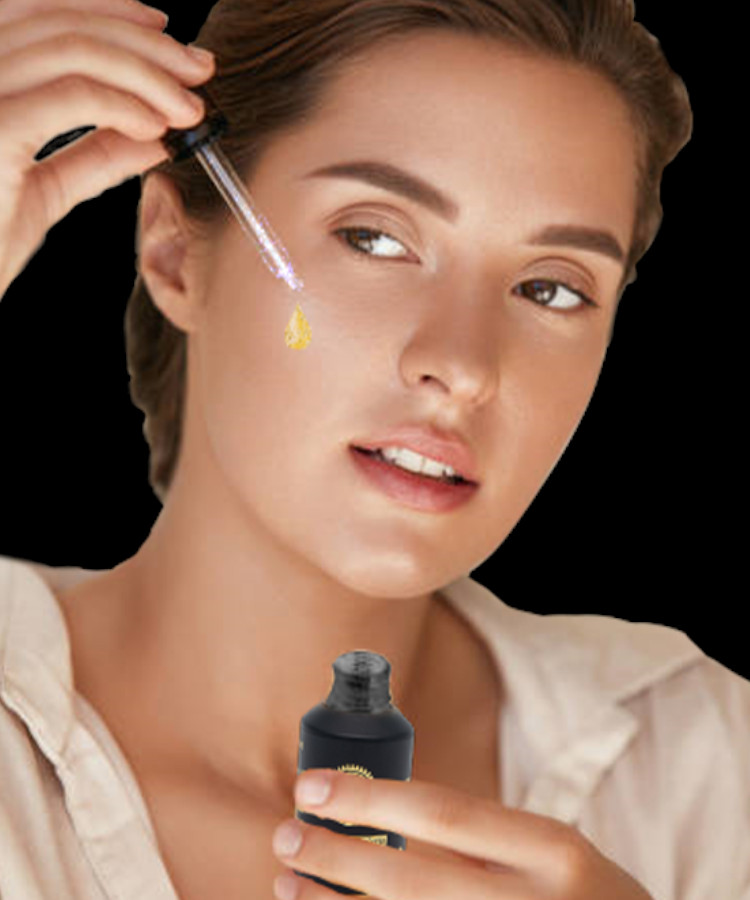Whenever you heard the advice that your skin needs extra exfoliation the first thing, perhaps that comes into your mind is – facial scrubs.
Facial scrub, a cream-based product that contains little exfoliating pieces, when massaged all throughout could give your skin extra moisture by stripping away all the dead skin cells.
But as the conscious consumerism continues to rise – beauty enthusiast is getting way more cautious in terms of their beauty product spending. Along with it also comes the discussion as to whether face scrub is doing good for the skin. Let us learn more as to why skincare experts continue to warn about the use of this traditional sandpapery skincare product and what is their stand or beauty recommendation on a more modern way to do the exfoliation.
Let us take a closer look at the different types of exfoliations:
This is considered to a straightforward exfoliation with the use of small grains or a brush. It could also be microdermabrasion performed in your go to Dermatologist’s office. This form of exfoliation is especially ideal for those with scars, wrinkles and stretch marks. In as much as you love physical exfoliation, there are said to be certain ingredient that you pretty much have to avoid such as fruit pits and nutshell – these are believed to cause micro tears in the skin. Woops, micro tears are created by agents that are too sharp or jagged that may primarily cause little tears in the skin. On the point of view of the experts, micro tears look like sandpaper to wood, these are the rough, etched tears made to the epidermis which shows the unevenness of physical exfoliation. Of course, scrubs do work says the experts, but they need to be handled gently. That is why experts are shifting to safer way to do the process of exfoliation.
We got you covered, Queens! You do not necessarily have to back off from giving your skin an extra exfoliation. There are even safe and recommended by the experts’ way to do it. Chemical Exfoliants , hep! Do not be scared of the term or the idea that it evokes. Chemical may sound harsh on your end point but let us try to reap off and unleash what it actually does for the skin and the experts stand about it. In looking for chemical exfoliant there are couple types to look out for, let us start off with AHA (Alpha Hydroxy Acid) These are actually derived from natural substances and are said to be ideal for exfoliating dry skin. It primarily functions are removing that “glue” that holds dead skin cells together. The payout? Smoother skin. In addition to that, AHA is mainly water soluble, meaning they can penetrate very deep into your pores. On the other hand, BHA (Beta Hydroxy Acids) are oil-soluble by nature. Thus allowing it to reach deeper into the skin and pores. It also has anti-inflammatory and anti-bacterial properties – what does it do for your skin then? An in depth-exfoliation. This chemical got you covered in your acne-prone and oily skin. Dr. Dennis Gross – Dermatologists and exfoliation expert, used brick wall as the metaphor in describing the two. Brick wall, whereas in between these “bricks” are called fibers that holds skin cells together. BHA (Beta Hydroxy Acid) break down the bonds between cells while AHA (Alpha Hydroxy Acid) cause the cells themselves to detach.
Allow us to let you weigh things out in your process of thinking what works well for your skin. Here are the some of the experts stand points about this topic.
According to a Dermatologists, Dr. Annie Chiu founder of the Derm Institute in Redondo Beach, as for which method would work well or is considered to be fine for your skin, she sided with the use of chemical exfoliants, the reason of it being less abrasive makes it a the prime reason on her stand point. She also added that chemical exfoliant is a better choice for sensitive skin, acne prone skin, hyper pigmented skin or even dry skin.
On the other note, Dr. Dendy Engelman, New York City-based Dermatologic Surgeon highly recommends chemical exfoliant for the skin in getting rid of dirt and grime. She also added that physical exfoliation can be too harsh for the skin if not done properly or too frequently. Yayy! Who among you are guilty for over exfoliation?
How prepared are you now in ditching scrub and going over with chemical exfoliants now?
We got you covered on your new way of exfoliation. But before you get anything started, the best way to reap off all the skin benefitting properties of certain product is to fully understand what skin type you have. In that way, you can primarily address your skin needs.
Salicylic acid is beta hydroxyl acid (BHA), a type of carbon-based organic compound that naturally occurs in willow bark, fruits and vegetables. According to a chemist Danusia Wnek, BHAs are lipid/fat soluble and can penetrate into pores to unclog blackheads.
Read: Everything you need to know about Salicylic Acid
Glycolic acid is an alpha-hydroxy acid (AHA) group of plant and animal derived acids. Glycolic acid together with lactic acid is said to be the most promising and well researched AHA. Glycolic acid, when applied topically, works in breaking the bonds between the outer layer of skin cells. The peeling effect it creates makes the skin appear smoother and more even. Unlike any other skincare ingredient that causes skin to get dry, glycolic acid can as well help retain skin’s moisture.
Read: Here’s everything you need to know about glycolic acid and what it can actually do to your skin
Lactic Acid the gentle AHA (Alpha Hydroxy Acid) that your skincare routine might be missing. Lactic Acid, derived from the lactose of milk, the one that gives milk and yogurt that distinctive tang. A class of chemicals that gently exfoliates the skin. Lactic acid is milder compared to its ultra-potent cousin, glycolic acid, all credit to its larger molecule size that gives it a better gateway for those who have sensitive skin.
Read: Lactic acid: a gentle skin care ingredient your skin probably needs
Save your skin from future damages that over exfoliation might bring. What are your stand point and opinion about this?
Become a B&A Insider
Get the latest beauty tips, news and product notification and exclusive promotions in your box! Subscribe to our Newsletter. We are excited for you! Be part of our mailing list by simply signing up below!




Get the latest beauty tips,news,product notification and exclusive promotions in your box!
Subscribe to our Newsletter, we are excited for you. Be part of our mailing list by simply signing up below!
One Response